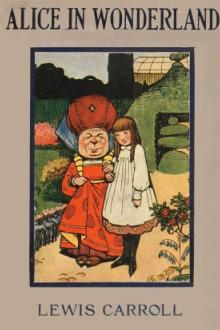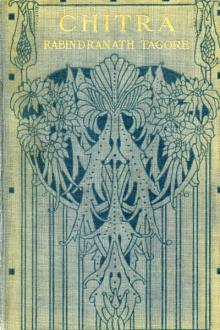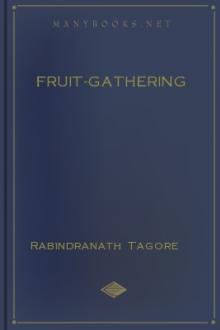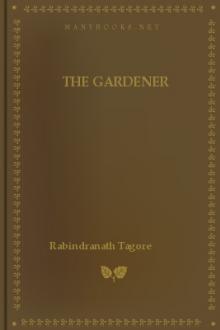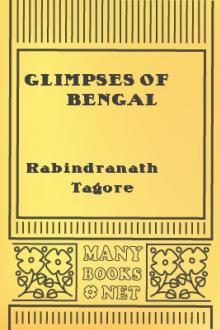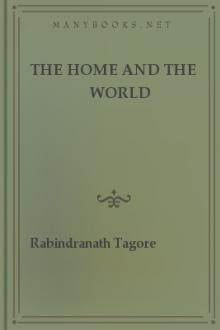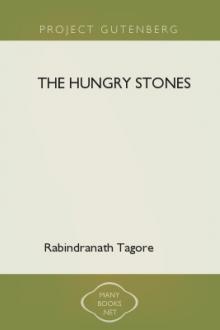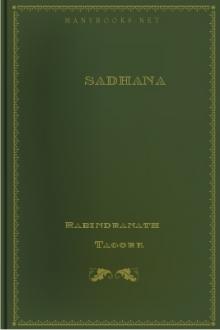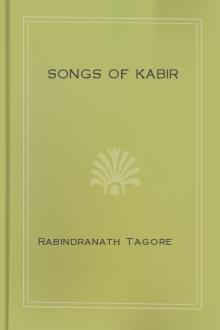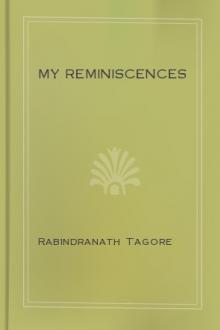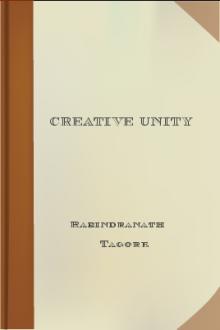The King of the Dark Chamber
Book Excerpt
MADHAV. My faith is, to go on obeying the King--it does not matter whether he is a real one or a pretender. What do we know of Kings that we should judge them! It is like throwing stones in the dark--you are almost sure of hitting your mark. I go on obeying and acknowledging--if it is a real King, well and good: if not, what harm is there?
KUMBHA. I should not have minded if the stones were nothing better than stones. But they are often precious things: here, as elsewhere, extravagance lands us in poverty, my friend.
MADHAV. Look! There comes the King! Ah, a King indeed! What a figure, what a face! Whoever saw such beauty--lily-white, creamy-soft! What now, Kumbha? What do you think now?
KUMBHA. He looks all right--yes, he may be the real King for all I know.
MADHAV. He looks as if he were moulded and carved for kingship, a
Editor's choice
(view all)Popular books in Drama, Fantasy, Horror, Fiction and Literature
Readers reviews
The play itself is hard to categorize: part morality play (the author insisted the play is not to be seen as an allegory), part martial drama, part romance, part archetypal myth and a large helping of oriental philosophy, the Western mind struggles to properly interpret the author's actual intent. This reviewer saw in its essence that the play is a dramatic portrayal of the third of Buddhism's Four Noble Truths, that the cessation of suffering comes from the cessation of desire.
However, another reviewer described the play's main thesis as, "The moment Sudarshana realized that in enjoying the outer beauty alone the true fulfillment of life can never be attained, she utterly surrendered herself to the king and in no time she discovered the secret that in the offering of oneself there lies the key of true fulfillment."
One is tempted to believe that like most mythical plays, the meaning will be different for each member of the audience.
- Upvote (0)
- Downvote (0)
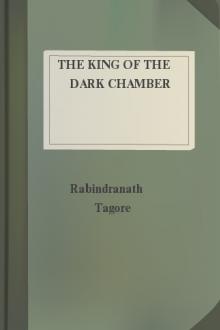
 Free Download
Free Download

















